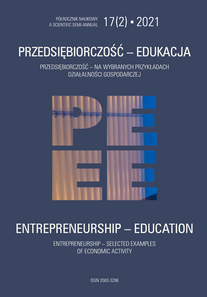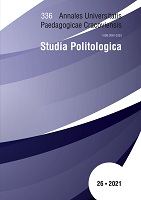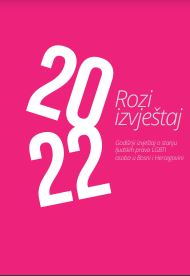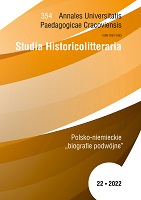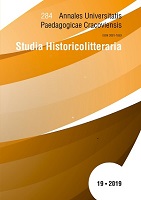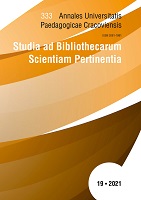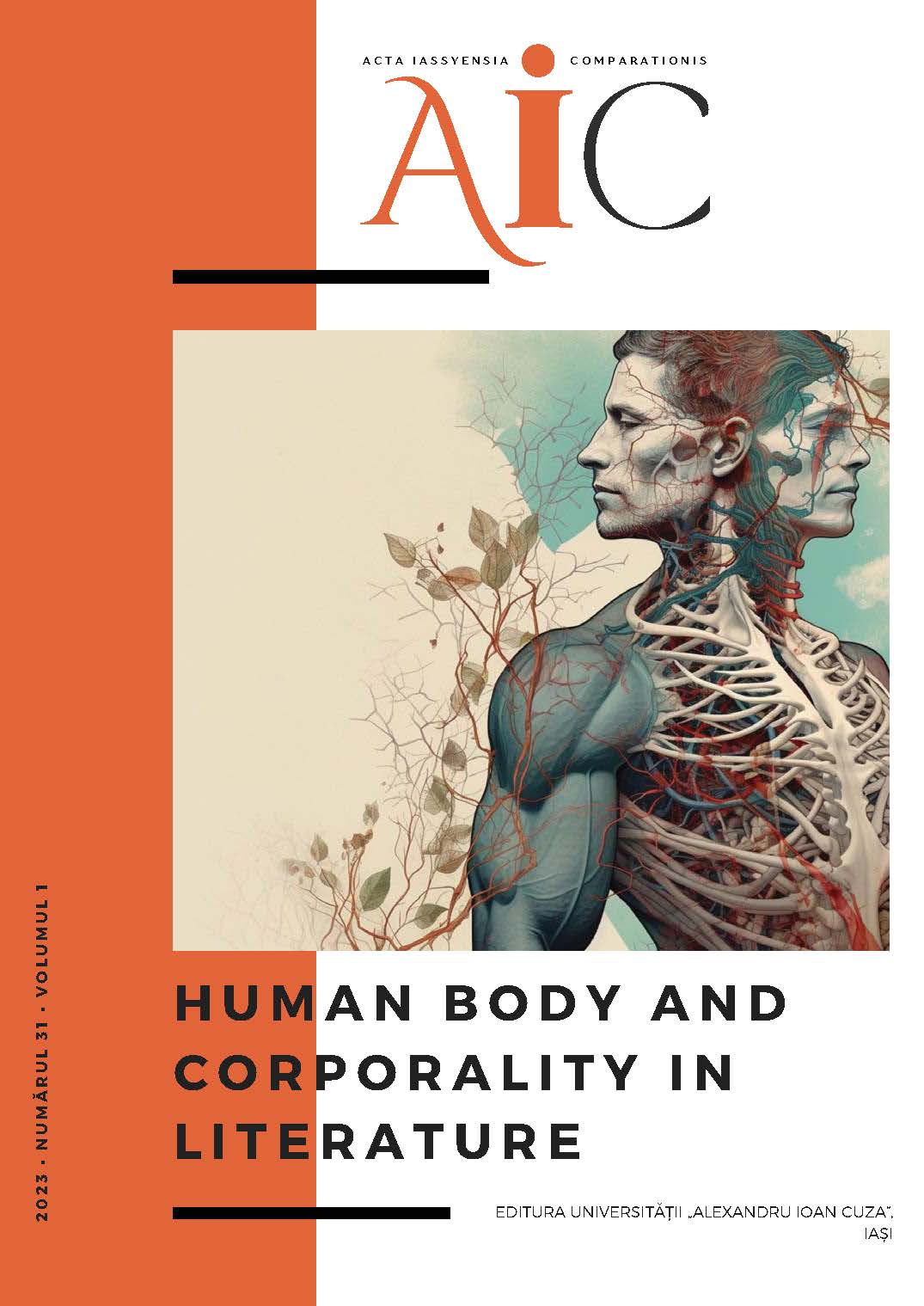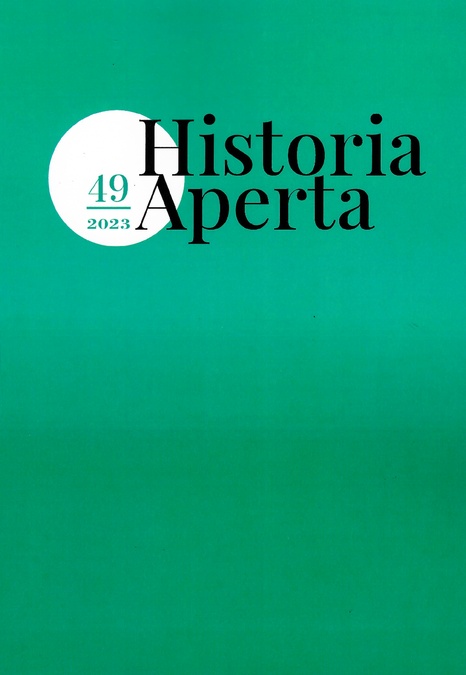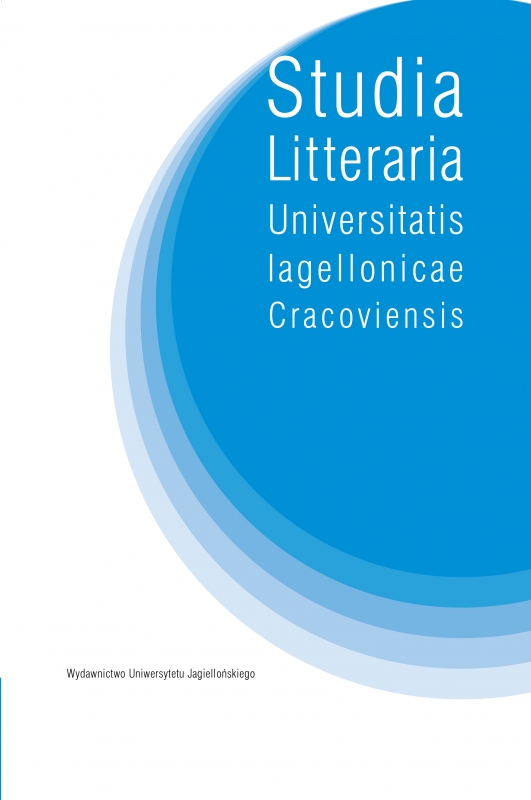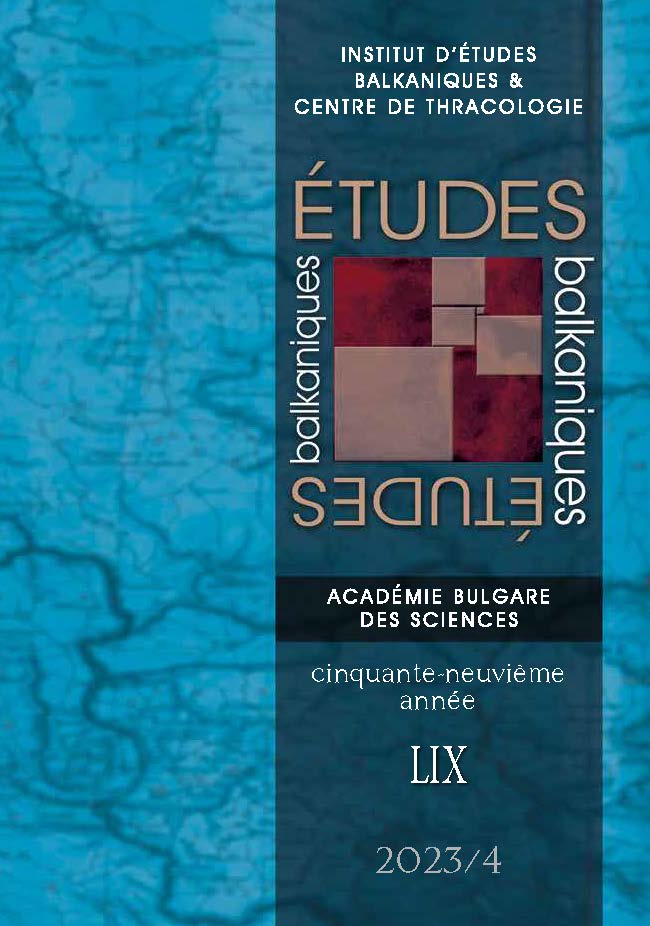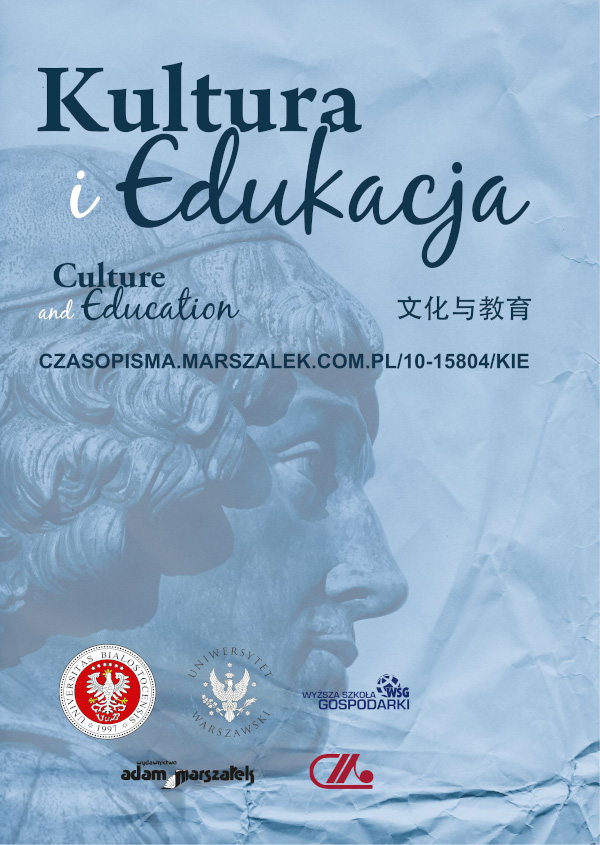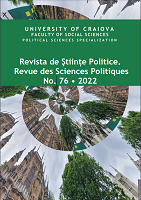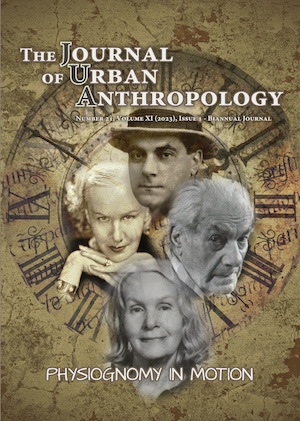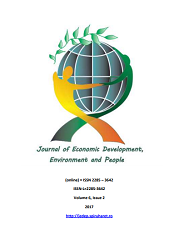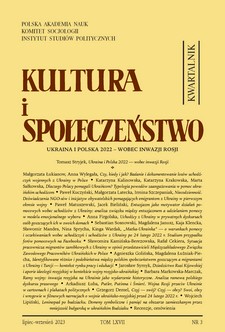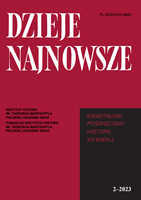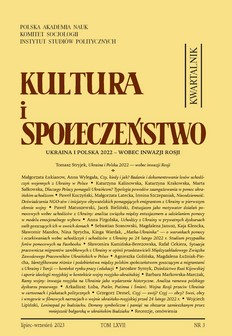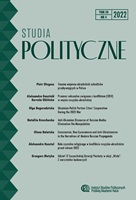Author(s): Branko Ćulibrk,Amil Brković,Jozo Blažević,Dina Bajrektarević,Delila Hasanbegović / Language(s): Bosnian
Issue: */2022
Given the events of the past year and period, it is nearly impossible to provide a comprehensive assessment of the human rights situation of LGBTI people. The lack of a systematic approach by the state and its bodies to addressing the situation of LGBTI people is already a recurring issue, as best exemplified by the drafted but still unadopted Action Plan for the Promotion of Human Rights and Fundamental Freedoms in Bosnia and Herzegovina. When it comes to recurring issues, the non-regulation of same-sex partnerships in both entities and the Brčko District is without a doubt one of the most serious and continues to be an example of institutional discrimination against LGBTI people. Despite the initial progress in FBiH, it is evident that this process has not made significant progress in any BiH administrative unit. The medical needs of transgender persons are still not recognised through the public health care system, and the administrative procedure for changing the sex marker in documents still suffers from vague, insufficiently regulated provisions that allow for broad interpretation and arbitrariness in the application. What gives hope for the future is the Sarajevo Open Centre’s devoted approach to advocating for these issues, together with parents and their trans children. Intersex persons remain marginalised, with no willingness on the side of health professionals or government officials to speak openly about the issue and devote themselves to correcting problematic medical treatments and alleviating excessive administrative burdens on intersex persons. These issues reoccur year after year, and it is reasonable to predict that we will have to address them in the next Pink Report. However, what has to be highlighted this year is some progress that has been accomplished, which is a contribution to resolving the recurring issues discussed above. Thus, for the first time in this Pink Report, we can be proud of the fact that a court in BiH passed a first instance judgement confirming discrimination based on sexual orientation, gender identity and sex characteristics. This precedent is a significant step toward not only increasing the LGBTI community’s trust in institutions but also strengthening standards and legal understanding of discrimination. There are still challenges regarding freedom of assembly, but the fact that local and cantonal authorities have agreed to cover the security costs of the third BiH Pride March organisation, which have so far been passed on to organisers in violation of all international standards, gives hope. Amendments to the legal framework governing freedom of assembly in Sarajevo Canton and Canton 10 also give hope for more suitable regulation in this area, but they also call for caution and engagement to ensure that the process yields positive solutions. Such examples can serve as process drivers in other administrative units throughout BiH. When it comes to LGBTI people’s trust in institutions, significant progress has been made in the work of prosecutor’s offices. As of the end of this report, 4 cantonal prosecutor’s offices in FBiH, as well as the District Public Prosecutor’s Office in Trebinje have appointed prosecutors as contact persons for crimes against LGBTI people. Also noted should be a prompt, professional and efficient investigation by the police and the Cantonal Prosecutor’s Office in Mostar in the instance of threats and risks to the safety of a gay man through social networks. Taking everything into account, the judiciary has made the most progress in the preceding reporting period. Finally, the past period was marked by negative trends that clearly indicate where we should focus our attention in the coming period. Thus, political abuse of the topic of LGBTI human rights and arguing with political dissidents, as well as the pervasive hate speech, is becoming increasingly common. These concerns will be especially crucial in the election year of 2022. Listening to community experiences, but also through our work in the field of mental health, the problem of so-called conversion therapies and providing services of sexual orientation or gender identity modification proved to be a great challenge and issue that will be approached with special attention.
More...
